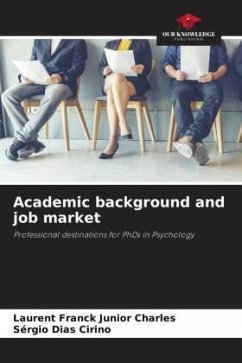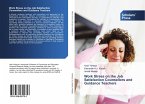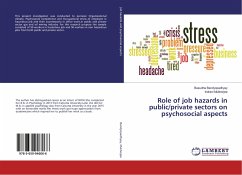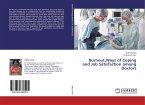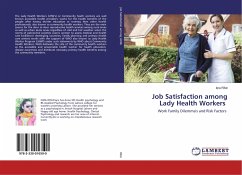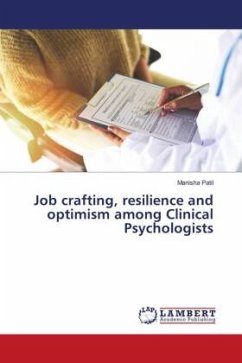The main objective of this study was to investigate the professional trajectory of graduates from the doctoral program in Psychology at UFMG. Postgraduate studies in Brazil were instituted in 1965 by means of opinion no. 977 of the Federal Education Council, which established the definitions and characteristics of postgraduate studies in the country, despite having been provided for in the Statute of Brazilian Universities since 1930.This study analyzed the professional trajectory of 88 female (56) and male (32) PhD graduates from the postgraduate program in psychology, with different times of professional insertion over a period of seven years (2012-2019). The results showed that of the total sample, 73 graduates (83%) currently work as teachers in public and private higher education. The number of graduates working as teachers coincides with the literature, which indicates that universities are the main employers of PhDs. The results also indicate that teaching is no longer a complementary activity for psychologists, but has become an exclusive area of activity.

